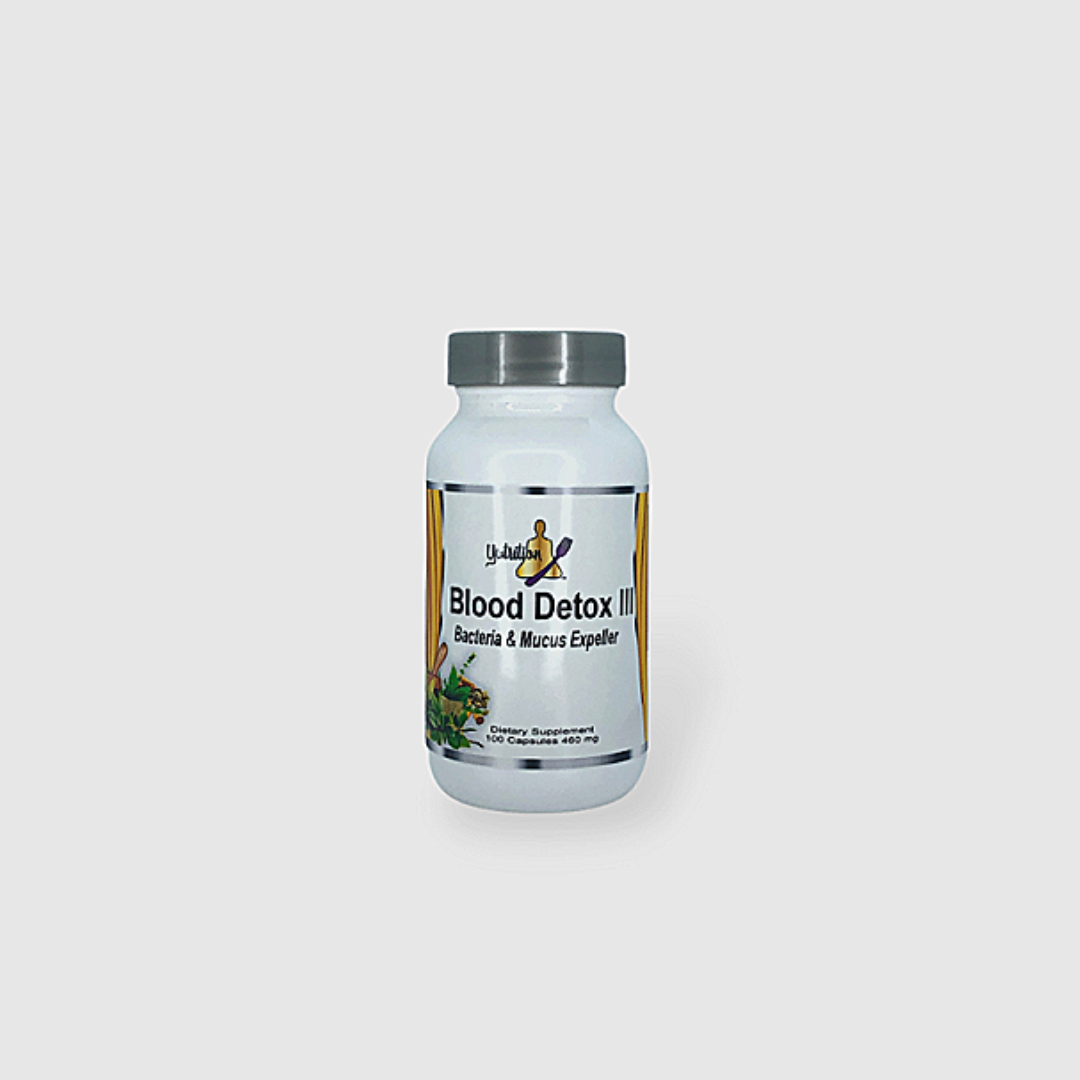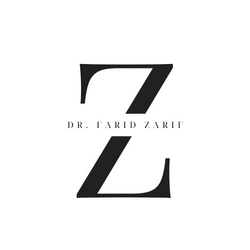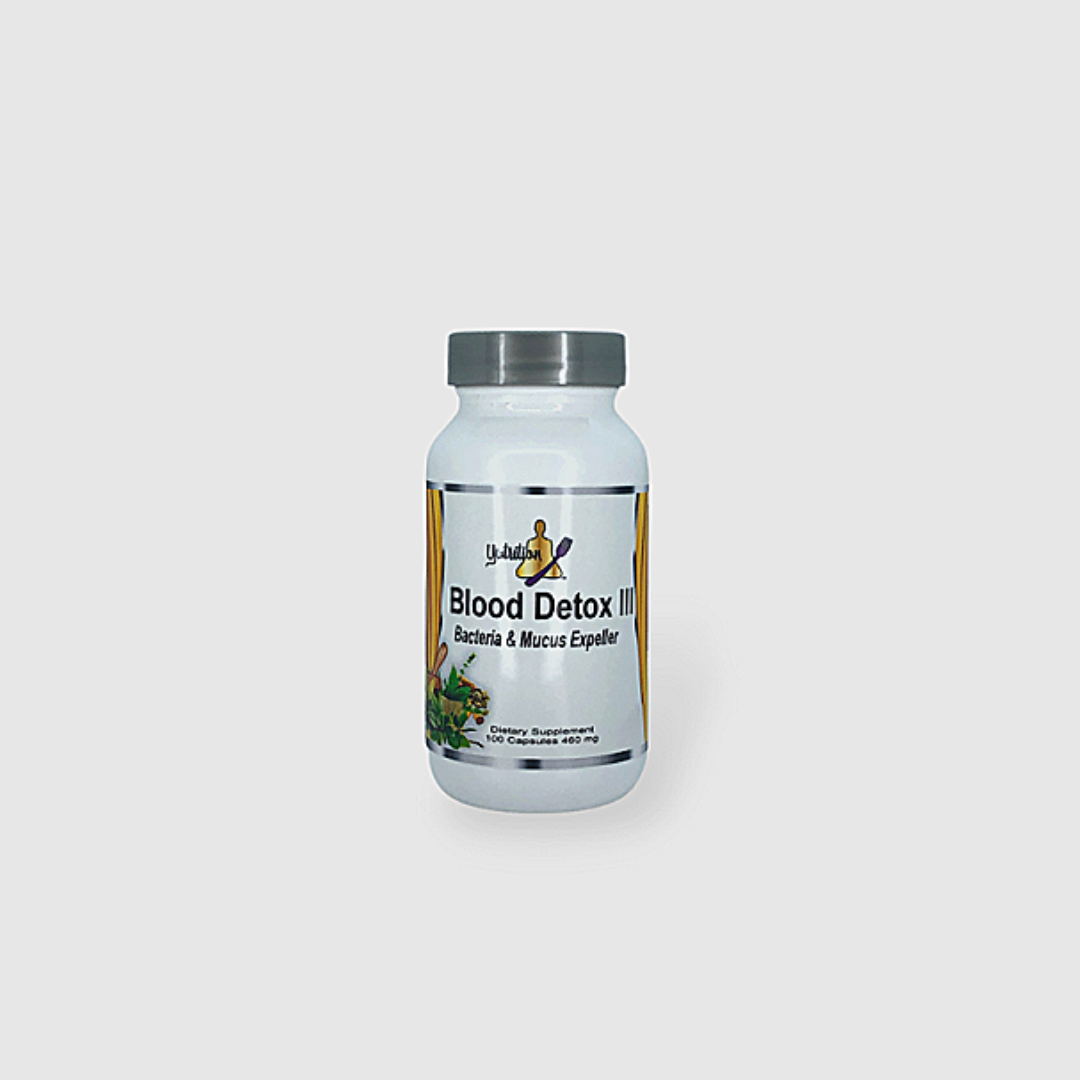Executive Life Diet Store
Blood Detox III
Couldn't load pickup availability
BLOOD CLEANSER PHASE III
The vast majority of illnesses are the result of where we are, and the environmental circumstances that surround us, rather than any inherent defect in our make-up. We are constantly being influenced by a multitude of seen and unseen things – the food and drink that enter our body and the air we breathe, much of which is toxic. As we are exposed to these toxins, our liver and kidneys filter them out of our bloodstream. When they are overwhelmed by the magnitude of these toxins, they are unable to do their job. Then these toxins are carried throughout the body by the bloodstream and affect all the organs and systems of the body. Many diseases (such as gangrene) stem from toxic blood, as well as infections. That is why it is so critical to cleanse the blood.
BLOOD CLEANSER PHASE III is a Native American formula for blood cleansing. They call plantain “Life Medicine” and it is one of the most common plants in the world. It absorbs toxins from the bowel and soothes inflamed tissue. Plantain is also an infection fighter for the immune system. It fights blood poisoning, kidney and bladder infection, poisonous bits and stings and is an herbal antibiotic. The history of plantain goes back to the Ancient Greeks. They used it for healing wounds and fighting infection.
In Mexico chaparral has been used for centuries as an anti-cancer remedy. The plant is known to act against free radicals and thus may be effective in preventing the degenerative diseases associated with aging and it cleanses the lymph system, an important part of rejuvenation. Also, it is a good tonic, (it tones up the body), helps the kidneys and urethral tract, aids the digestion, relieves pain, cleanses the lymphatic system and the liver, it is antibiotic, and it is a very good blood purifier.
Burdock has the historical reputation of being an alternative, meaning herbalists have considered it as a good source of nutrients to help build the body. It is a strong liver purifying and hormone balancing herb with particular value for skin, arthritic and glandular problems. It is a specific in all blood cleansing and detoxification problems. Burdock is an excellent blood purifier and cleanser and eliminates long-term impurities from the blood very rapidly.
To be most effective, blood purifiers should be changed as different blood purifiers work on different systems of the body. This is why we have a four phase blood cleansing series. BLOOD CLEANSER PHASE III is the third step in our complete blood cleansing series.
Following is a list of herbs contained in this formula:
PLANTAIN, CHAPARRAL, BURDOCK ROOT, CASCARA, RED CLOVER, BUCKTHORN, LICORICE ROOT, CALENDULA MALLOW, RED RASPBERRY, ALOE
Recommendation: PHASE III is the third step in a four step cleansing series. Take 3 capsules twice a day or w capsules three times a day. For a complete blood cleanse, follow with PHASE IV Blood Cleanser.
The difference between a vegan and a plant-based diet
The difference between a vegan and a plant-based diet
The difference between a vegan and a plant-based diet
Is a plant-based diet the same thing as a vegan diet? Both meal plans have made headlines for their health benefits in recent years and while they are similar, there are some key differences: Vegan diets eliminate all animal products, while plant-based diets do not necessarily eliminate animal products, but focus on eating mostly plants, such as fruits, vegetables, nuts, seeds and whole grains.
What is a vegan diet?
“With a vegan diet, you eliminate all animal products, including dairy, meat, poultry, fish, eggs and honey,” says, Dr. Farid Zarif a bariatric medicine nutritionist, founder of Rhythmic Ingestion, author of "Slaves of the Tongue".
Some people choose to follow a vegan diet for ethical, environmental or health reasons. While going vegan can have health benefits, there are some pitfalls to avoid.
“Just because something is vegan doesn’t mean it’s healthy,” he says. “If you’re vegan, you can still technically eat vegan cookies, potato chips and other vegan junk food, which can be high in calories and low in nutrients. I recommend sticking to whole foods as much as possible.”
What is a plant-based diet?
Plant-based diets also emphasize eating whole foods, meaning the food has undergone little – if any – processing and is as close to its natural state as possible.
Plant-based foods include:
Whole grains (quinoa, farro, barley, oatmeal)
Plant-based oils (avocado, olive, canola)
What is the right meal plan for you?
“Regardless of what meal plan you choose, everyone’s diet should ideally consist of 50 percent vegetables,” says Dr. Zarif. “Fruit is healthy too, but I like to focus on vegetables because they have less sugar.”
When building your plate, aim for:
50 percent vegetables
25 percent whole grains
25 percent lean protein
“If you are not eating meat or other animal proteins like eggs, try beans or quinoa for plant-based protein,” he says.
Adding healthy fats – such as avocado oil when roasting veggies, a sprinkle of slivered almonds on your oatmeal or sliced avocado on your salad – will help you feel full for longer. And healthy fats have numerous other health benefits.
When to talk to your doctor about your diet
“It’s a good idea to see your primary care doctor to get a basic framework for what a healthy diet should look like for you, particularly if you have an underlying health condition or have had weight loss surgery, which can affect how your body processes nutrients,” says Dr. Zarif. “For example, if you have diabetes and want to eat healthily, be sure to eat small portions, not to exceed 2 servings”.
Also, if you are vegan, vegetarian or don’t eat many animal products, she recommends asking your doctor to check your B vitamin levels.
“B12 deficiency is common in vegans because it’s a nutrient that we need to know more about, along with its varying sources,” he explains. “If you don’t consume many animal products, talk to your doctor about taking a supplement.”
Calcium is another important nutrient that can be hard to get when you don’t eat dairy products. Dr. Zarif recommends eating and drinking calcium-fortified plant-based milk (like almond milk) or other calcium-fortified foods.
“If you’re not getting three servings of calcium-rich foods each day, ask your doctor about adding a supplement,” he says. “Try to get at least some calcium from your diet because taking too many calcium supplements can cause adverse side effects.”
Is a vegan or plant-based diet healthy?
If you eat plenty of vegetables, fruits, healthy fats and whole grains, you should still get a good chunk of your daily vitamins and minerals because plant-based foods are high in many nutrients.
“If you’re going to follow a vegan or plant-based diet, think through it carefully and plan out your meals,” says Dr. Zarif. “You don’t necessarily have to go vegan to be healthy – plant-based is a good option for people who struggle with consistency and planning. If you are going to commit to a vegan diet, make a plan and be consistent about incorporating all the healthy food groups, including plant-based protein, so you don’t miss out on nutrients.”
What this book may do for you
What this book may do for you
Help you to change the narrative of outdate and ineffective lifestyles.
Shipping
Shipping
Share

Subscribe to our emails
Be the first to know about new collections and exclusive offers.

